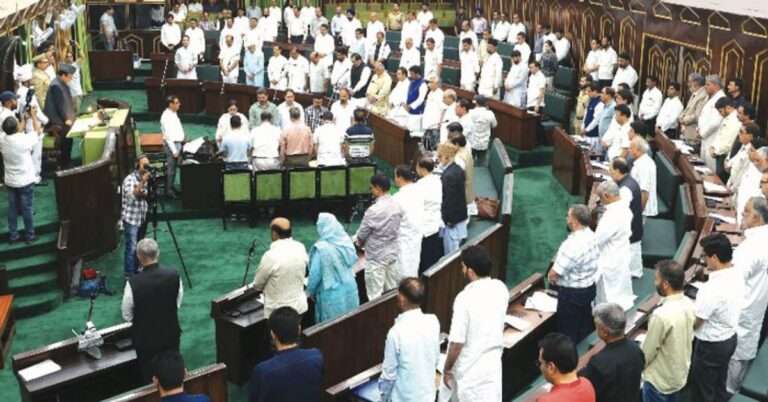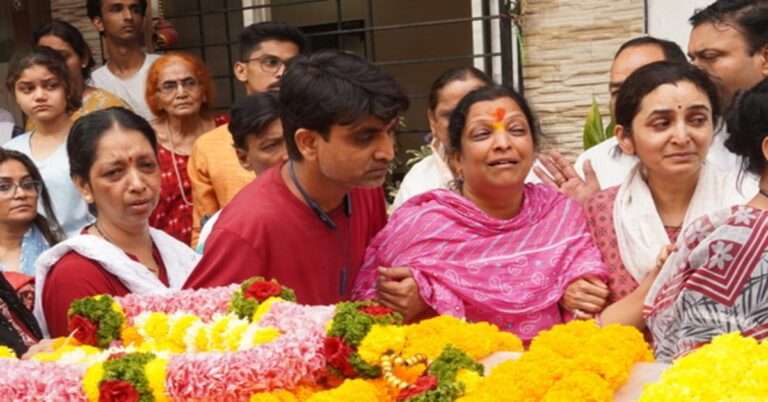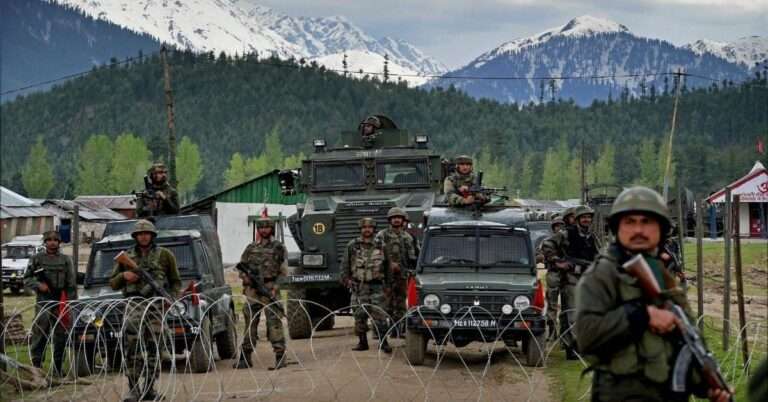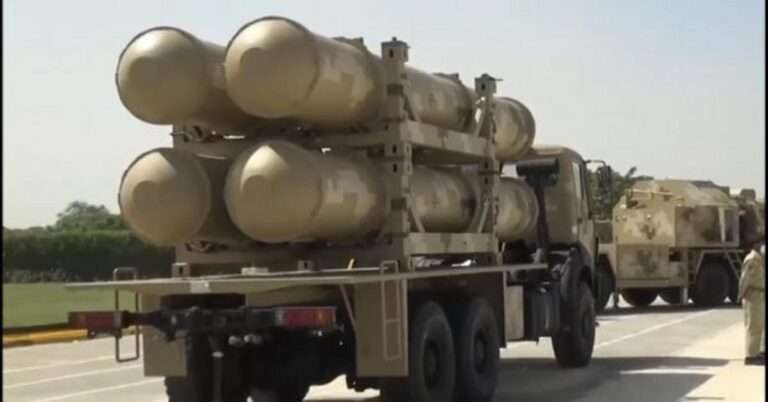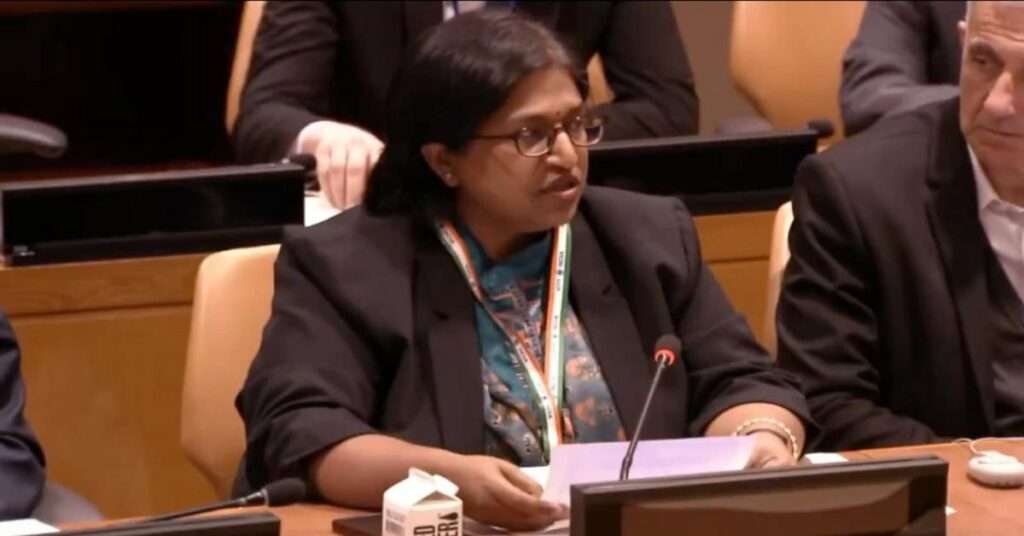
"Pakistan labeled rogue state for Pahalgam attack by India at UN"
Pakistan: A Rogue State or a Misunderstood Nation?
In recent news, India has labeled Pakistan as a rogue state for its alleged involvement in the Pahalgam attack. This accusation has caused tensions to rise between the two neighboring countries, with India taking its case to the United Nations. But what does this all mean, and is Pakistan truly guilty of supporting terrorism, or is there more to the story?
The Pahalgam Attack
The Pahalgam attack is a tragic event that shook the region, leaving many questioning who was behind such a heinous act. India has pointed fingers at Pakistan, accusing it of supporting and harboring terrorists responsible for the attack. This has led to India branding Pakistan as a rogue state, a term that carries grave implications in the international community.
But before we jump to conclusions, we must delve deeper into the complexities of the situation and consider all perspectives. Is Pakistan truly a rogue state, or is there a deeper, more nuanced narrative at play?
Understanding the Accusations
When one country accuses another of supporting terrorism, it opens a Pandora’s box of political tensions and mistrust. The term “rogue state” is a loaded one, implying that a nation has gone astray from international norms and values. But what factors contribute to such a severe accusation?
It’s essential to acknowledge that the relationship between India and Pakistan has always been fraught with historical animosity and territorial disputes. This context colors the accusations made by India against Pakistan, adding layers of complexity to an already delicate situation.
Digging Deeper
To truly understand the dynamics at play, we need to look beyond the surface-level accusations and examine the root causes of such conflicts. What drives countries to label each other as rogue states, and what impact does it have on diplomacy and international relations?
One key aspect to consider is the role of geopolitics in shaping perceptions and narratives. In a region as volatile as South Asia, every move and statement carries significant weight, influencing the perceptions of not just neighboring countries but the global community as well.
The Human Element
Amidst the political posturing and accusations, it’s crucial to remember the human cost of such conflicts. Behind every headline and diplomatic standoff are real people whose lives are affected by the decisions made by governments and policymakers.
The residents of Pahalgam, the victims of the attack, and the countless others caught in the crossfire of geopolitical tensions are the ones who bear the brunt of these conflicts. It’s imperative to humanize the narratives we construct and remember the human faces behind the headlines.
Looking Towards the Future
As we navigate the complexities of international relations and geopolitical rivalries, it’s essential to look towards a future where peace and cooperation prevail over conflict and suspicion. Can countries like India and Pakistan set aside their differences and work towards a common goal of stability and prosperity for their people?
The road to peace may be long and arduous, but it’s not an impossible dream. By fostering dialogue, understanding, and empathy, we can start to bridge the divides that separate nations and build a more peaceful world for future generations.
In conclusion, the accusations leveled against Pakistan by India are part of a larger narrative of mistrust and conflict that has defined the relations between the two countries for decades. While it’s essential to address issues of terrorism and security, it’s equally crucial to approach these matters with empathy and a willingness to engage in dialogue.
Let us not succumb to the rhetoric of labeling nations as rogue states, but instead, strive towards building bridges of understanding and cooperation. Only through sincere efforts towards peace and reconciliation can we hope to transcend the barriers that divide us and create a brighter future for all.

